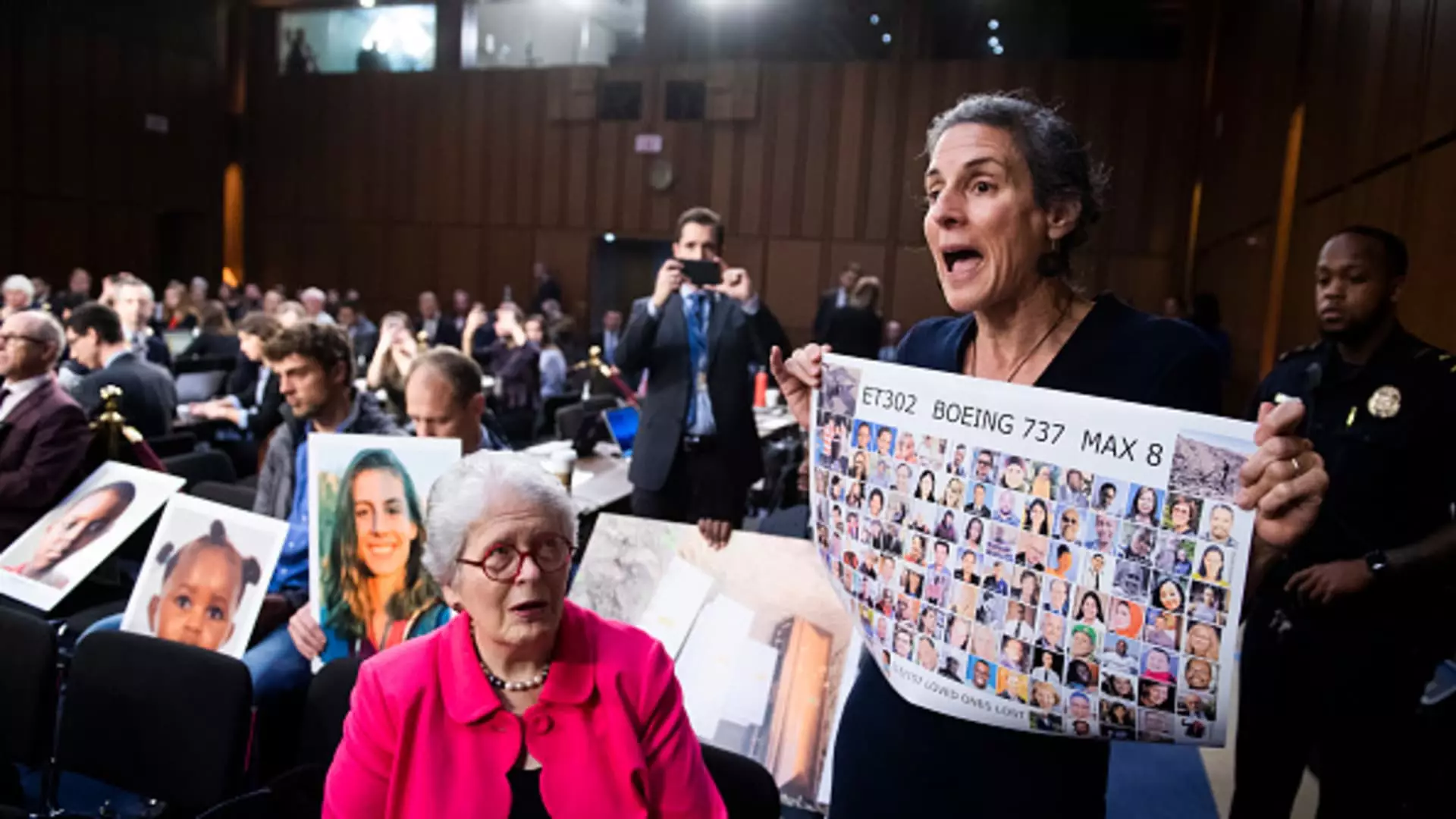In a significant legal undertaking, a federal judge has recently rejected Boeing’s proposed plea deal concerning a criminal fraud charge linked to the catastrophic crashes of its 737 Max aircraft. This decision, made by U.S. District Judge Reed O’Connor of the Northern District Court of Texas, raises critical questions about corporate accountability, public trust, and the ethics of judicial processes in high-stakes cases involving large corporations.
The Heart of the Matter: Concerns Over Monitor Selection
At the crux of Judge O’Connor’s decision is a controversial requirement for a government-appointed monitor, a stipulation within the plea deal involving diversity, equity, and inclusion (DEI) policies. The judge voiced skepticism about whether these DEI criteria would be applied in a manner that prioritizes competence over race-based considerations, highlighting a potential conflict between judicial oversight and contemporary societal values. He emphasized the need for the selection process to reflect pure competence, especially in a case with profound implications for public safety.
O’Connor’s order in October compelled both Boeing and the Justice Department to address how they would ensure the monitor’s selection process was devoid of bias, further underscoring the need for accountability in corporate governance. By extending a 30-day window to the parties to deliberate their next steps, the judge is challenging them to revisit the framework of the plea deal while ensuring the integrity of the judicial process.
To fully grasp the significance of this rejection, it is crucial to remember the grim context surrounding Boeing’s legal troubles. The 737 Max tragic incidents—the Lion Air flight crash in October 2018 and the Ethiopian Airlines disaster in March 2019—resulted in the tragic loss of 346 lives. In July, Boeing agreed to plead guilty to conspiring to defraud the U.S. government and mislead regulators about critical flight-control systems implicated in these crashes. This plea aimed to permit Boeing to avoid a public trial while attempting to regain its footing amidst heightened scrutiny and a series of setbacks.
However, given the grave implications that confusing regulatory practices have on safety, it becomes essential to query the justice system’s leniency toward a corporate titan with such a checkered past. The issues presented in this case are emblematic of broader challenges in holding corporations accountable when their choices result in loss of life and eroded trust in aviation safety.
As the case unfolds, the families of the victims express considerable dissatisfaction with the plea deal, which they regard as a “sweetheart deal.” This perspective is articulated by Erin Applebaum, an attorney representing a victim’s family, who calls for a re-evaluation of the agreement to ensure it reflects the true gravity of Boeing’s actions. Her remarks highlight a crucial aspect of this judicial process: the necessity for the judicial system to resonate with the values of justice and accountability, especially for those impacted by corporate misjudgments.
The public’s expectations hinge on seeing tangible consequences that go beyond financial penalties, especially for a company of Boeing’s stature. Applebaum’s call for the Department of Justice (DOJ) to adopt a serious stance against Boeing articulates a desire not only for accountability but for a systemic shift in how regulatory lapses by large corporations are handled.
The rejection of Boeing’s plea deal signifies more than just a legal setback; it illustrates the complexities involved in reconciling corporate interests with public safety concerns. As Judge O’Connor indicated, the pathway forward remains uncertain, particularly with questions lingering regarding Boeing’s past violations of previous agreements.
The potential financial ramifications are noteworthy, with the current plea agreement suggesting a fine upwards of $487.2 million, contingent on the new arrangements that may involve reductions based on previous penalties. This financial aspect, while severe, still pales in comparison to the loss of life and the lasting impact on the families of the victims, creating an ongoing discourse about the measures necessary to ensure corporate accountability in the face of systemic failures.
As the legal battle unfolds, it becomes evident that the pursuit of justice demands a reevaluation of the standards by which corporate actions are judged. Judge O’Connor’s rejection underscores a critical moment for Boeing and the DOJ to reexamine the implications of DEI considerations within accountability frameworks, ensuring that the process aligns with public expectations for justice. The outcomes of this case could set important precedents that will influence how corporations operate and how they are held accountable for their actions in the future.


Leave a Reply